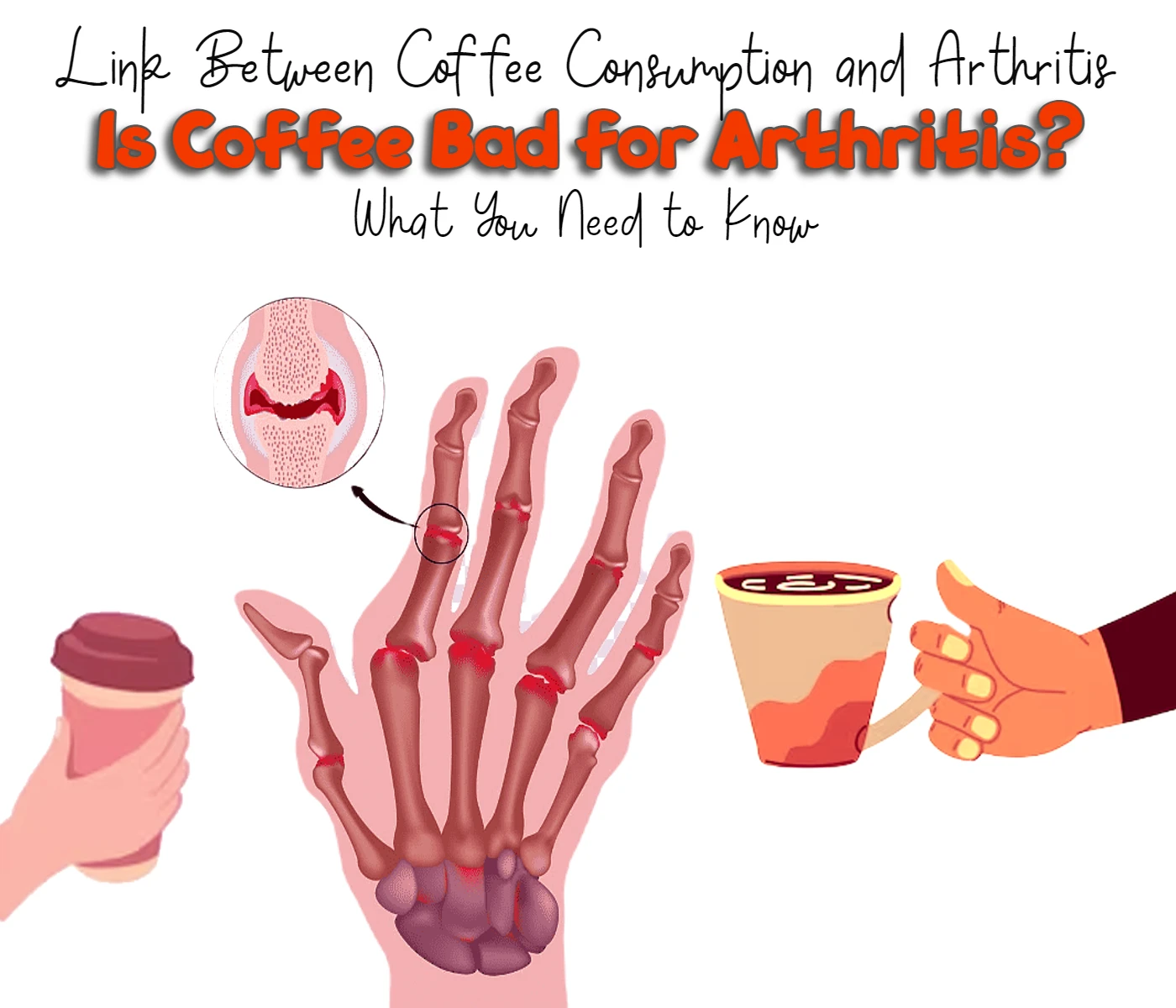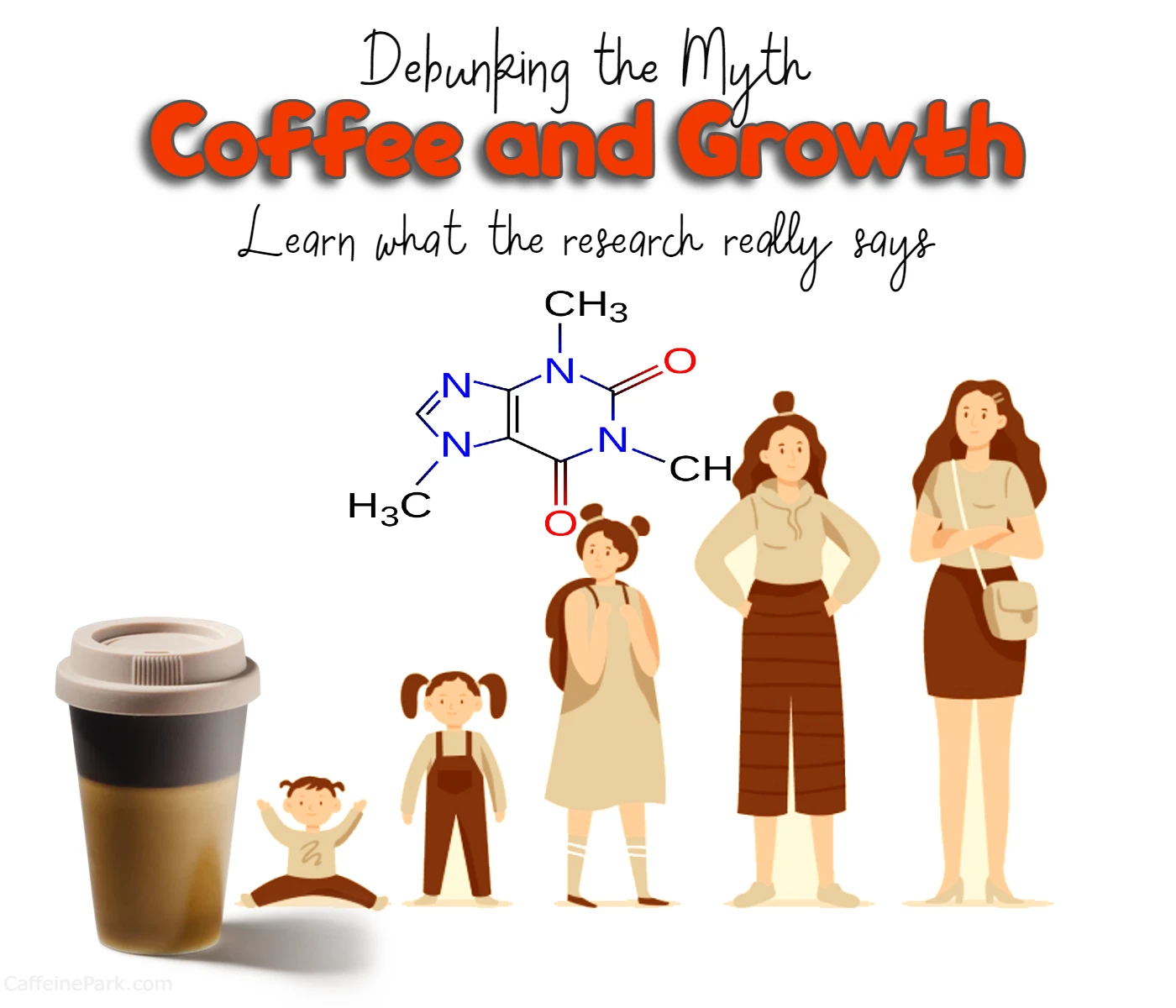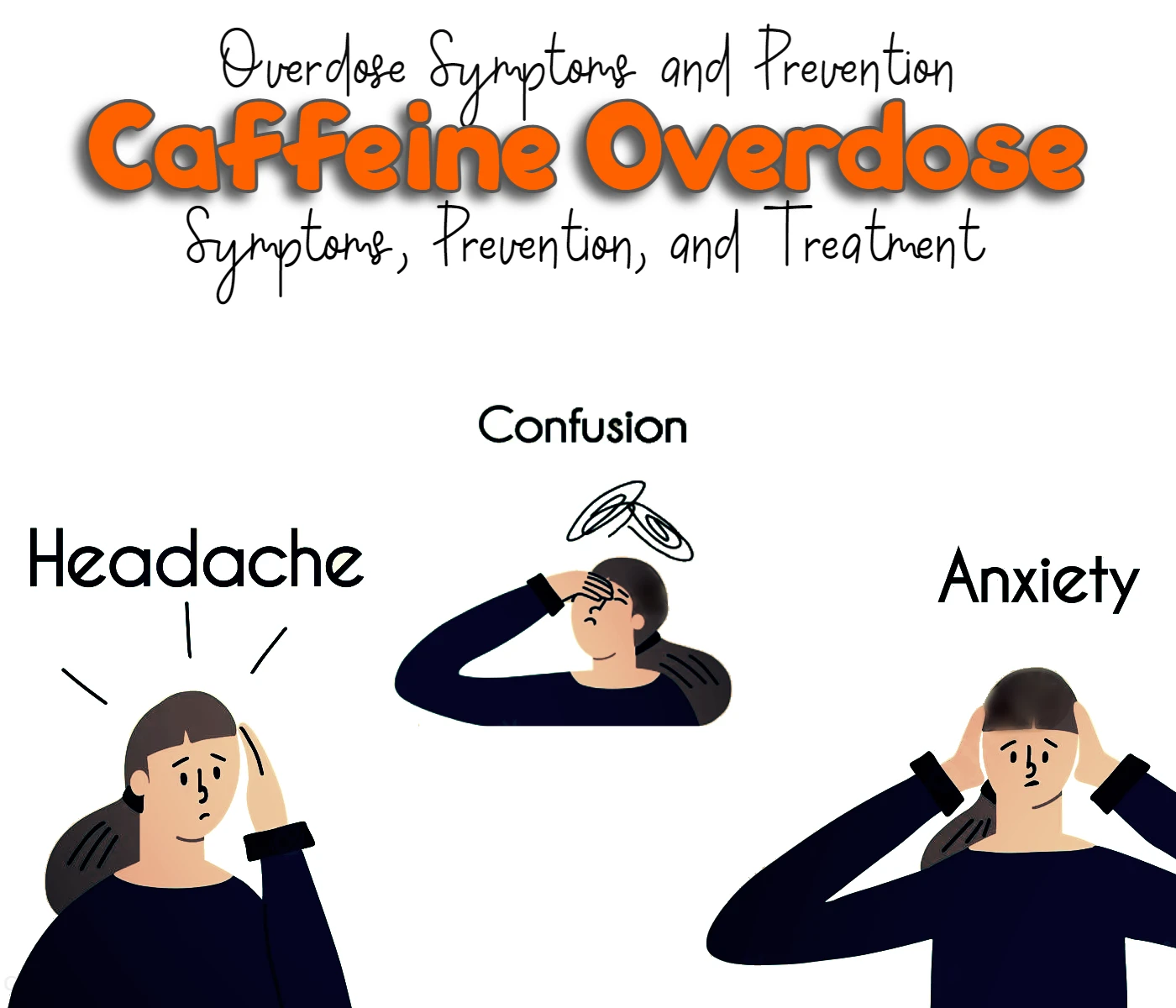Antioxidants in Coffee

Antioxidants are powerful compounds that are found in many different foods, including coffee. These compounds work to neutralize harmful free radicals in the body, which can damage cells and lead to a host of health problems. In fact, studies have shown that drinking coffee can be beneficial for everything from reducing the risk of cancer and heart disease to improving cognitive function and protecting against type 2 diabetes.
One of the key antioxidants found in coffee is chlorogenic acid, which is believed to be responsible for many of the health benefits associated with this popular beverage. Other antioxidants found in coffee include caffeine, quinic acid, and melanoidin’s. In this blog post, we will explore the various antioxidants found in coffee and discuss the potential health benefits of these compounds.
What are antioxidants?
Antioxidants are molecules that can help to protect cells from damage caused by harmful molecules called free radicals. Free radicals are molecules that have an unpaired electron, which makes them highly reactive and capable of damaging other molecules in the body, including DNA, proteins, and lipids. Antioxidants can neutralize free radicals by donating an electron, which stabilizes the free radical and prevents it from causing damage.
Coffee is a rich source of antioxidants. It is the major source of antioxidants in the American diet. According to a study by the USDA, coffee contains more antioxidants than cocoa, tea, and most fruits and vegetables. The antioxidants in coffee come from a variety of sources, including chlorogenic acids, melanoidin, and caffeine.
Caffeine, which is found in coffee, is also an antioxidant. Caffeine is a stimulant that can increase alertness and energy levels. It also has some health benefits, including a lower risk of type 2 diabetes, Parkinson’s disease, and liver disease. Additionally, caffeine has been found to have antioxidant effects in the body. It has been shown to protect cells from damage caused by free radicals and to help to reduce inflammation.
In addition to caffeine, coffee also contains other antioxidants such as chlorogenic acids, which are a group of compounds that have been found to have a range of health benefits. These compounds are found in coffee beans and are responsible for coffee’s characteristic aroma. They have been found to have anti-inflammatory, anti-carcinogenic, and anti-diabetic properties.
Melanoidins, which are formed during the roasting process, are also present in coffee. They are responsible for the dark color of coffee and have been found to have antioxidant properties. They have been found to have a similar antioxidant activity to Vitamin E, which is a powerful antioxidant.
What are the antioxidants in coffee?
Coffee is a rich source of antioxidants, which are compounds that protect cells from damage caused by free radicals. Free radicals are molecules that have an unpaired electron and are highly reactive, which can cause damage to cells and contribute to the development of chronic diseases such as cancer, heart disease, and diabetes. Antioxidants neutralize free radicals by donating an electron, which stabilizes the molecule and prevents it from causing damage.
There are many different types of antioxidants found in coffee, including chlorogenic acid, caffeic acid, ferulic acid, and quinic acid. These compounds are found in both the coffee bean itself and in the brewed beverage.
Chlorogenic acid
Chlorogenic acid is one of the most abundant antioxidants in coffee and is responsible for many of its health-promoting properties. It is a compound that is found in coffee beans in large amounts and is also found in other foods such as fruits and vegetables. Chlorogenic acid has been shown to have anti-inflammatory and anti-cancer properties, and may also help to lower blood pressure and blood sugar levels.
Caffeic acid
Caffeic acid is another antioxidant found in coffee that has been shown to have anti-inflammatory and anti-cancer properties. It is also a strong antioxidant that can protect cells from damage caused by free radicals.
Ferulic acid
Ferulic acid is a compound that is found in coffee beans and is also found in other foods such as fruits and vegetables. It is a strong antioxidant that can help to protect cells from damage caused by free radicals. Ferulic acid is also believed to have anti-inflammatory properties and may help to lower blood pressure and blood sugar levels.
Quinic acid
Quinic acid is an antioxidant found in coffee that is believed to have anti-inflammatory properties and may also help to lower blood pressure and blood sugar levels. It is also a compound that is found in coffee beans in large amounts.
Caffeine
Caffeine is the most well-known and widely consumed psychoactive substance in the world, and it is also found in coffee as a natural stimulant. In addition to its stimulating effects, caffeine also has antioxidant properties. Antioxidants are substances that protect the body from damage caused by harmful molecules called free radicals. These free radicals can cause damage to cells and contribute to the development of chronic diseases such as cancer, heart disease, and Alzheimer’s disease.
Caffeine is a potent antioxidant that can protect cells from damage caused by free radicals. It does this by scavenging free radicals and neutralizing them before they can cause harm. Caffeine has also been shown to have a protective effect on the brain, potentially reducing the risk of neurodegenerative diseases such as Alzheimer’s and Parkinson’s.
Caffeine has also been found to have anti-inflammatory properties, which can help to reduce inflammation in the body. Inflammation is a natural response to injury or infection, but chronic inflammation can contribute to the development of many diseases. Caffeine’s anti-inflammatory properties may help to reduce the risk of certain types of cancer, as well as other chronic diseases such as heart disease and diabetes.
In addition to caffeine, coffee also contains other antioxidants such as chlorogenic acid, which is a phenolic compound. Chlorogenic acid is a powerful antioxidant that has been shown to have anti-inflammatory, anti-cancer, and anti-diabetic properties. It is also thought to help reduce the risk of heart disease. Other antioxidants found in coffee include quinines, diterpenes, and melanoidin’s.
In conclusion, coffee is a rich source of antioxidants, particularly caffeine, which has been shown to have a number of health benefits such as reducing the risk of neurodegenerative diseases and cancer. The other antioxidants found in coffee, such as chlorogenic acid, also provide additional health benefits. However, it is important to note that excessive caffeine intake can have negative effects, so it’s important to consume coffee in moderation.
Other antioxidants found in coffee
Other antioxidants found in coffee include trigonelline, which has been found to have antimicrobial properties and may help to lower cholesterol levels, and kahweol and cafestol, which are diterpenes that have been found to have anti-inflammatory and anticancer properties.
While coffee does contain a variety of antioxidants and other beneficial compounds, it is important to note that excessive consumption of coffee can have negative effects on health, such as an increased risk of heart disease and osteoporosis. Additionally, many people consume coffee with added sugar and cream, which can negate some of the potential health benefits. To maximize the potential health benefits of coffee, it is best consumed in moderate amounts and without added sugar or cream.
Overall, coffee is a rich source of antioxidants that can help to protect cells from damage caused by free radicals. These antioxidants, along with other beneficial compounds found in coffee, may help to lower the risk of chronic diseases such as cancer, heart disease, and diabetes. It is important to note, however, that excessive intake of caffeine can have negative effects, so it is recommended to consume coffee in moderation.
How many antioxidants are in coffee?
The specific amount of antioxidants in coffee can vary depending on factors such as the type of coffee bean, the brewing method, and the serving size. However, studies have shown that coffee is one of the top dietary sources of antioxidants for many people, providing more antioxidants per serving than fruits and vegetables such as blueberries and spinach.
Some of the antioxidants found in coffee include chlorogenic acid, quinic acid, and trigonelline. Chlorogenic acid is the most abundant antioxidant in coffee and is thought to have anti-inflammatory and anti-cancer properties. Quinic acid is also present in high levels of coffee and may help to regulate blood sugar levels and improve gut health. Trigonelline is a compound that is present in coffee beans before they are roasted, and is converted into nicotinic acid (vitamin B3) during the roasting process.
In general, darker roasted coffees tend to have higher levels of antioxidants than lighter roasts. Additionally, unfiltered coffee methods such as French press and Turkish coffee tend to retain more antioxidants than filtered methods like drip coffee and pour-over.
It’s also important to note that the antioxidant content of coffee can vary depending on the origin, variety, and processing method of the beans. Therefore, it is not possible to give a definitive answer on the number of antioxidants in coffee, but the general consensus is that coffee contains a high amount of antioxidants.
What are the benefits of antioxidants in coffee?
Antioxidants found in coffee include polyphenols, such as chlorogenic acid and melanoidins. The number of antioxidants in coffee can vary depending on factors such as the type of bean, how it is roasted, and how it is prepared.
Coffee is one of the most significant dietary sources of antioxidants for many people. According to a study by the USDA, coffee is the number one source of antioxidants in the American diet, followed by tea and chocolate.
The benefits of antioxidants in coffee include reducing inflammation, protecting cells from damage, and potentially reducing the risk of chronic diseases such as heart disease and type 2 diabetes. They may also improve brain function and physical performance. However, more research is needed to fully understand the extent of these benefits. It is important to note that drinking coffee in moderation is key to getting these benefits. High intake of coffee may lead to negative side effects such as anxiety and insomnia.
How does coffee compare to other sources of antioxidants?
Coffee contains several antioxidants, including chlorogenic acid, quinine, and trigonelline. The antioxidant content of coffee can vary depending on several factors, including the type of bean, the brewing method, and the serving size.
In terms of antioxidant content, coffee is one of the richest dietary sources. In fact, it is the largest source of antioxidants in the Western diet. According to a study published in the Journal of Agricultural and Food Chemistry, coffee is found to be the main source of antioxidants in the American diet.
However, it’s worth noting that other foods and beverages, such as fruits, vegetables, and tea, also contain antioxidants. These foods and beverages also have other health-promoting compounds, such as vitamins and minerals, that coffee does not have. Therefore, it’s important to have a balanced diet that includes a variety of antioxidant-rich foods and beverages.
Are there any potential downsides to consuming coffee?
Coffee is generally considered safe for most adults to consume, however, excessive consumption can have negative effects on the body. Some potential downsides to consuming coffee include:
- Insomnia: Caffeine, the main active ingredient in coffee, is a stimulant that can interfere with sleep.
- Anxiety: Consuming too much caffeine can lead to feelings of anxiety, nervousness, and jitteriness.
- Stomach issues: Coffee can cause stomach discomfort, acid reflux, and diarrhea in some people.
- High blood pressure: Some studies have found that consuming large amounts of coffee can lead to a short-term increase in blood pressure.
- Addictive: Caffeine can be addictive, and regular consumption can lead to physical dependence.
It is important to note that these downsides are usually associated with excessive consumption of coffee and can be avoided or mitigated by consuming coffee in moderation. Additionally, the benefits of consuming coffee such as the antioxidant properties, improved mental alertness, and reduced risk of certain diseases, may outweigh the potential downsides. It is always recommended to consult with a healthcare professional if you have any concerns about your coffee consumption or if you’re experiencing any negative effects from drinking coffee.
How to get the most antioxidants from coffee?
To get the most antioxidants from coffee, it’s recommended to:
- Choose freshly roasted coffee beans: The roasting process can decrease the antioxidant content of coffee, so it’s best to choose freshly roasted beans.
- Use a French press or pour-over method to brew: These methods allow for maximum extraction of antioxidants from the beans.
- Avoid adding cream and sugar: These ingredients can decrease the antioxidant content of your coffee.
- Drink it black: Black coffee has the highest antioxidant content.
It’s worth noting that decaffeinated coffee also contains antioxidants, but the amount is lower than in regular coffee. Also, the antioxidant content of coffee can vary depending on the type of coffee bean and growing conditions.
How much coffee is considered safe to consume?
The amount of coffee considered safe to consume in terms of antioxidants is somewhat debatable and can vary depending on the individual. However, most studies suggest that moderate coffee consumption, defined as 3-4 cups per day, is associated with the greatest health benefits.
Consuming more than 4 cups per day may increase the risk of certain health issues such as high blood pressure and insomnia. It is important to note that some people may be more sensitive to the effects of caffeine and may need to consume less. It is always best to consult with a healthcare professional before making any significant changes to your coffee consumption.
The Bottom Line
The bottom line is that coffee is a rich source of antioxidants and has been linked to a variety of health benefits. However, it is important to note that excessive consumption of coffee can have negative effects on health, such as increasing the risk of heart disease and anxiety. To get the most antioxidants from coffee, it is best to consume it in moderate amounts and opt for freshly brewed coffee and avoid adding too much sugar or cream. In general, up to 3-4 cups of coffee per day is considered safe for most adults. However, it’s important to note that individual tolerance to caffeine may vary, so it’s best to consult with a healthcare professional if you have any concerns.
FAQs
Antioxidants are molecules that help to protect the body from damage caused by harmful molecules called free radicals. These free radicals can damage cells, proteins, and DNA, leading to a variety of health problems such as cancer, heart disease, and aging. Antioxidants work by neutralizing free radicals, thereby preventing or slowing down the damage they can cause.
Coffee is a rich source of antioxidants, which can help to protect the body against a variety of health problems. Some of the benefits of antioxidants in coffee include reducing the risk of heart disease, protecting against certain types of cancer, and slowing down the aging process. Additionally, antioxidants in coffee may also help to improve cognitive function and reduce inflammation.
There are a variety of antioxidants found in coffee, including chlorogenic acids, melanoidin, and caffeine. Chlorogenic acids are the most abundant antioxidants in coffee and are believed to have the most health benefits. Melanoidins are formed during the roasting process and have antioxidant properties. Caffeine, although not an antioxidant, has been found to have some antioxidant properties.
Yes, decaffeinated coffee still contains antioxidants, although the levels may be lower than in regular coffee. The decaffeination process removes the caffeine but does not affect the levels of other antioxidants in the coffee.
Drinking too much coffee can cause negative side effects such as insomnia, anxiety, and an upset stomach. Additionally, people who are sensitive to caffeine should consume coffee in moderation. It is also important to note that while coffee is a good source of antioxidants, it should not be relied on as the sole source of antioxidants in the diet. Eating a balanced diet with a variety of fruits and vegetables will provide a wide range of antioxidants.
Read More:
Contents
- What are antioxidants?
- What are the antioxidants in coffee?
- How many antioxidants are in coffee?
- What are the benefits of antioxidants in coffee?
- How does coffee compare to other sources of antioxidants?
- Are there any potential downsides to consuming coffee?
- How to get the most antioxidants from coffee?
- How much coffee is considered safe to consume?
- The Bottom Line
- FAQs





